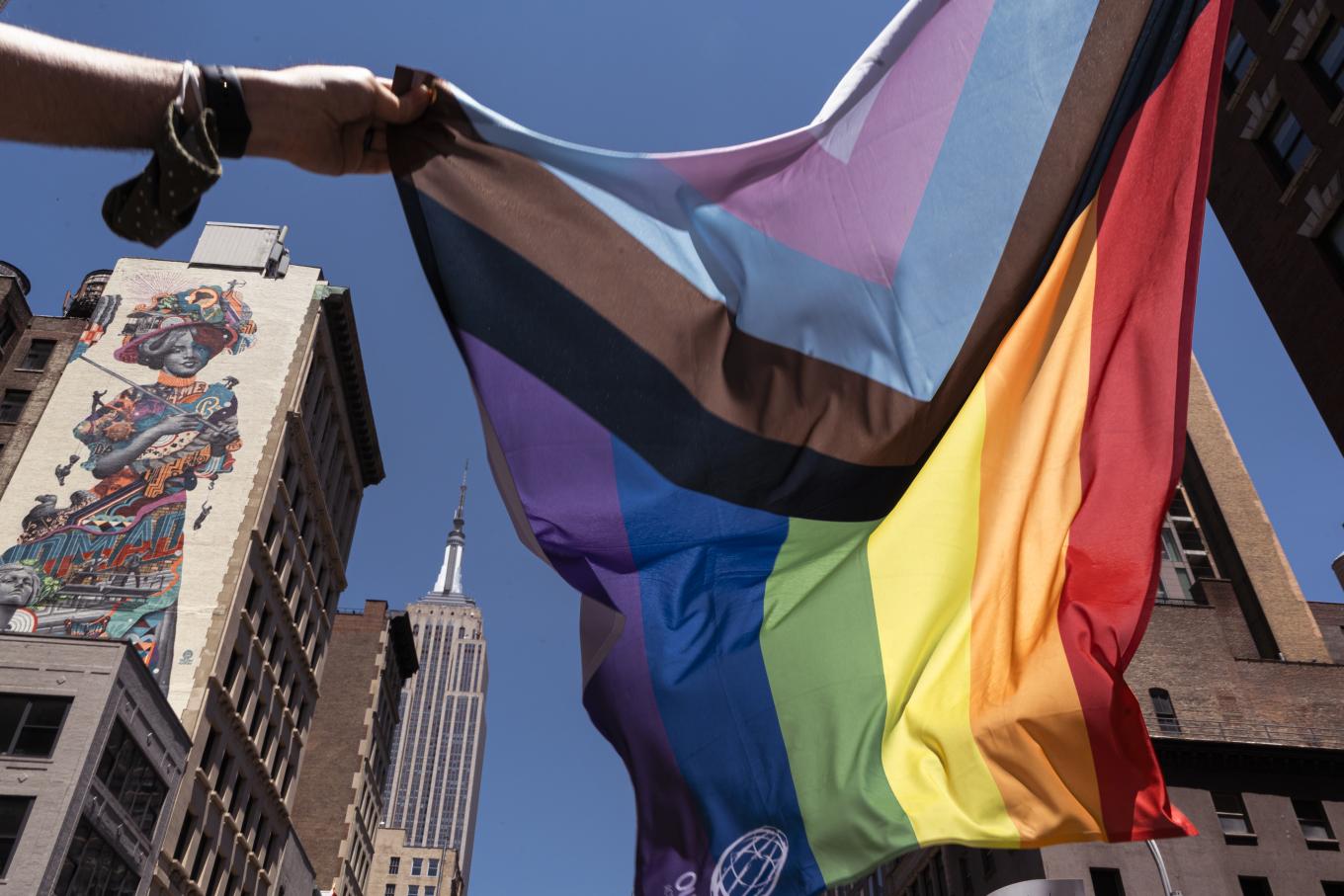
Country Overview
Namibia
At a glance
View more for this country:
On June 21, 2024, the Namibian High Court ruled that “sodomy” offenses constitute an unconstitutional breach of the right to equality and freedom from discrimination under Article 10. The court ruled that, under Namibia’s post-colonial constitution, the “inherent dignity and the equal and inalienable rights of all members of the human family”—rights that “have for so long been denied to the people of Namibia by colonialism, racism and apartheid”—are “indispensable for freedom, justice and peace.”
The Namibian decision was issued in the broader context of a long process of law reform. In 2013, Namibia’s Law Reform and Development Commission commenced a project toward the repeal of obsolete laws and the promulgation of laws in line with international legal standards and the Namibian Constitution. It recommended the abolition of “sodomy” laws. A decade of awareness campaigns and collective advocacy prepared the ground for the historic decision. The ruling itself relied on international jurisprudence from multiple jurisdictions and UN treaty bodies. The government has since appealed the ruling.
In 2023, the Supreme Court recognized the legal marriage of a same-sex couple that had married in another country. However, in December 2024, the government enacted a law banning marriage equality, imposing criminal penalties on anyone who solemnizes a same-sex marriage. Human rights activists are likely to challenge the law’s constitutionality.
LGBTIQ communities have been celebrating Pride in Namibia since 2013, and it has become a critical opportunity to shape public perception and create inter-movement and intergenerational dialogues.
*Outright research indicates that the bodily autonomy of intersex people is not respected and protected in this country.
Global Impact
Sub-Saharan Africa
Outright supports LGBTIQ organizations in Sub-Saharan Africa and works with mainstream human rights organizations to respect human rights and influence positive changes in laws, policies, attitudes and beliefs that cause discrimination against LGBTIQ people.
United Nations
Our work at the United Nations centers around advocating for the advancement of the rights of LGBTIQ people.
View this regionAsia
Our work in Asia promotes acceptance of sexual and gender diversity at all levels of society.
View this regionSouthwest Asia and North Africa
In the Southwest Asia and North Africa, we partner with local groups in various countries as part of our international solidarity work. We also work with our local partners on different topics through capacity building, advocacy, research and holistic security.
Europe and Central Asia
Outright International partners with activists to fight for an end to human rights violations based on sexual orientation, gender identity and gender expression in Europe and Central Asia, where most of our work involves emergency responses to harassment, discrimination, violence, and most recently, Russia’s brutal and expanded invasion of Ukraine.
Americas
Our work in the Americas continues to build on the fundamental and positive transformation of human rights protections in recent years. We partner with groups in the Caribbean that focus on ending gender-based violence and eradicating discrimination against trans people.
Pacific
Our work in the Pacific aims to increase the visibility of activists, respond to human rights emergencies, and actively bridge local, regional, and international activism to achieve equality and justice.
Global
View this region
Human Rights Research
Since 1990, we have partnered with activists from all over the world to produce hundreds of groundbreaking reports.
Read Our Reports